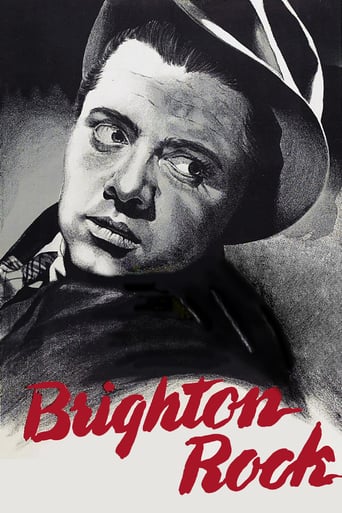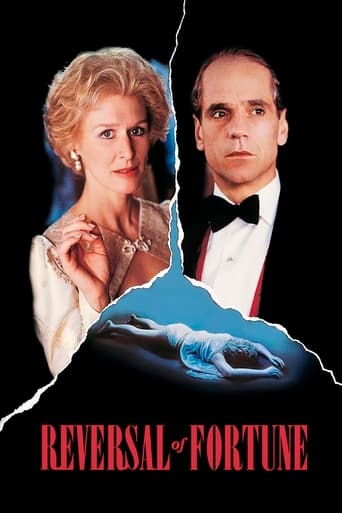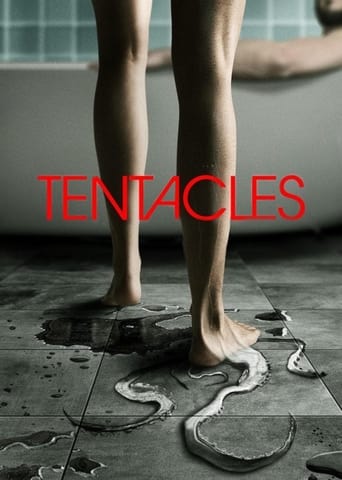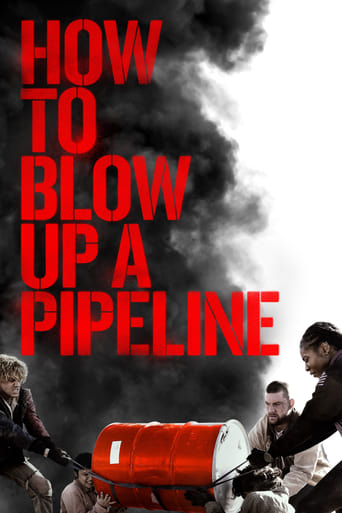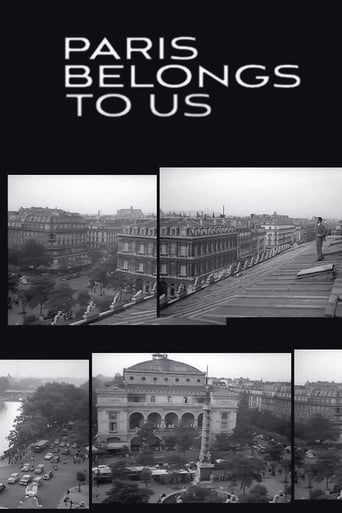


Paris Belongs to Us
A young woman joins a theatrical troupe where she slowly believes that the director is involved with a secret group and that he is in grave danger.
-
- Cast:
- Betty Schneider , Giani Esposito , Françoise Prévost , François Maistre , Jean-Luc Godard , Jean-Claude Brialy , Jean-Marie Robain


Similar titles
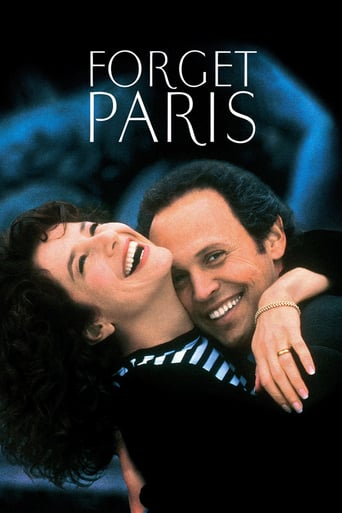
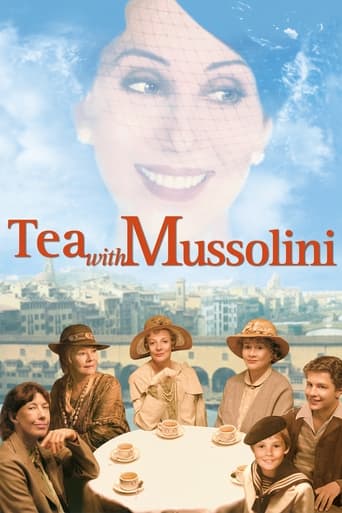
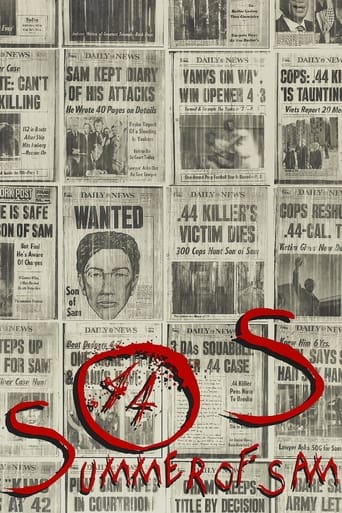
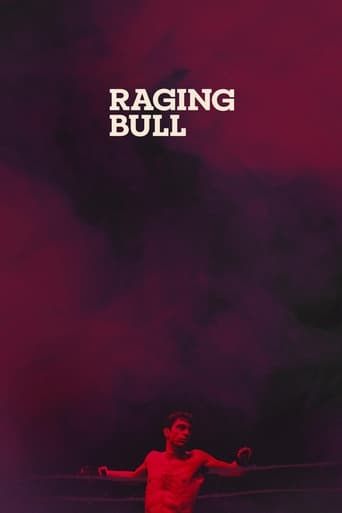
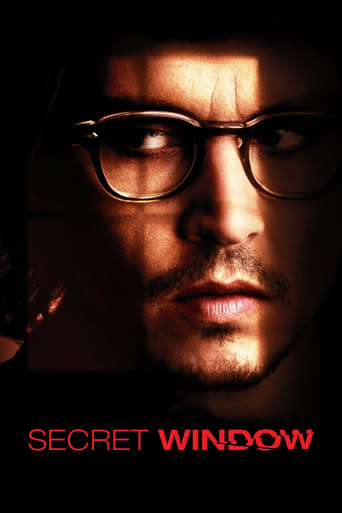
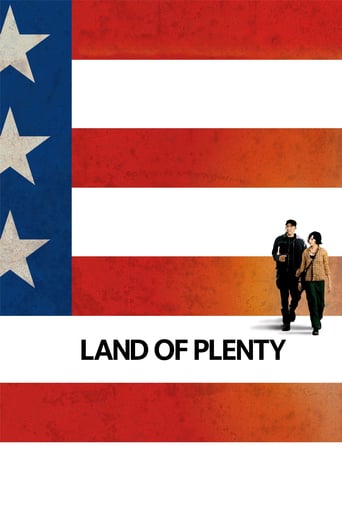
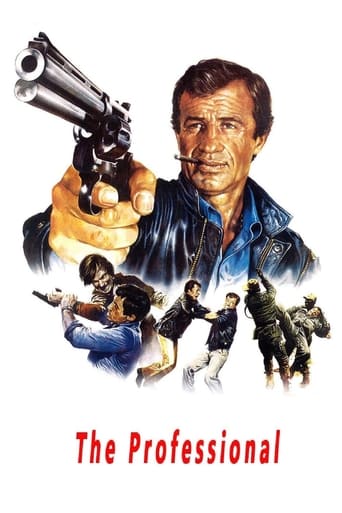
Reviews
Highly Overrated But Still Good
Good story, Not enough for a whole film
I am only giving this movie a 1 for the great cast, though I can't imagine what any of them were thinking. This movie was horrible
I enjoyed watching this film and would recommend other to give it a try , (as I am) but this movie, although enjoyable to watch due to the better than average acting fails to add anything new to its storyline that is all too familiar to these types of movies.
Anne Goupil (Betty Schneider) is a literature student in Paris in 1957. Her elder brother, Pierre, takes her to a friend's party where the guests include Philip Kaufman, an expatriate American escaping McCarthyism, and Gerard Lenz, a theater director who arrives with the mysterious woman Terry.Begun in 1957 and completed three years later, it was then-critic Jacques Rivette's first full-length film as a director and one of the first works of the French New Wave, though it was not released theatrically until 1961. Oddly, it seems to be one of the lesser-known today, despite being a fascinatingly odd mystery.Apparently many people say this film is "like a David Lynch movie". That similarity is there, so I appreciate that... but then the question becomes, does that mean that David Lynch films are "like a Jacques Rivette movie" since Rivette came first by quite a few years?
We have a rather intimidating tappestry here at first sight, about a web of Parisian lives connected to each other and informed by a bunch of nested references. To a mysterious suicide and a missing sound tape, to a staging of a Shakespeare play as mirror of the film we are watching, to shadowy conspiracies supposedly pulling the strings of what we see from a higher, unseen level.So we have a film-within, as often with Nouvelle Vague, but also a film without. Or better yet, the film we are watching as devised by unseen minds above shaping its world. Bridged by actors (and non-actors) who act parts knowingly or unknowingly, who may be chess pawns moved in turn by other pawns. The idea is that eventually we never get to find out how much of what we saw was this game and whether or not the game was imagined or masking a sinister plot.So far so good, a complex film in which to superimpose the various grids. Yet at the same time not so complex after all, rather obvious in how it handles us the various keys.For example; describing the play he's staging, the director says that he welcomes the challenge of bringing order to the convoluted mesh of different roles, that the world of the play is chaotic but not absurd. Does anyone have doubts that we're watching a surrogate Rivette describe the film? Then the stuff about conspiracies. The idea is of course that they may or may not be true, yet in getting there we are treated with naive politics about money ruling the world, a policed, monitored world.In the finale we get some rather interesting insinuations about where the mind conspiring for answers in the face of an uncertain world leads us. When anything is imagined to be possibly true, nothing is.The one notion that holds some actual power in all this, is precisely the one that is not explicit. A film noir plot elusively unraveling in the background of so much distraction, about a mistress and her ex-lover arranging murders as suicides. Why, to what end, again open ends. We may or may not imagine this, but this ambiguity is ours.We would later find in the films of David Lynch and Raoul Ruiz all this situated back in the imaginative mind, where all our fanciful storytelling begins and where the illusionary images (bent by desire) we use to represent reality are born. In more cinematic ways, more fluid. This maintains the appearance of an ordinary world, it's talky, and the camera is not adventurous. It's never really dangerous, except until too late, or passionately engaged in its codas.But one of the places this mode begins is here, in nascent form. Earlier yet, it was film noir, which the film references and even innovates in an important way, ingenious for its time (by making the noir plot the vague inference, and the karmic forces of noir the explicit reference and actively recognized by the characters). Although it often appeared clearcut and about a simple crime, it was riskier stuff in the right hands.(A few more words on this: with noir we view a threatening cityscape where cast upon it are shadows of the mind, illusions of desire about a woman or money which in turn distort what is perceived of reality. With the post-noir landscapes (such as in Lynch), we experience instead the world of the mind - now the shadows are inverted, they're pieces of reality which seep back as filmic devices, which the mind arranges into a movie plot that sustains the illusion! This is for me one of the most fascinating journeys available in cinema, from Shangai to Inland Empire, and Rivette's film may not have refined as much but it's an important link in the transition.)
It's like the New Wave version of a mystery/conspiracy thriller, and in that regard it works really well. The black and white cinematography suits the tone perfectly, even if the very poor quality of the film makes it hard to tell, and it's supported by some disorienting editing and a great use of light and shadows. There's also a really terrific score, probably one of the best for this genre. Even though the film runs 140 minutes, it never really feels boring, as the conversations between characters are gripping enough to keep the viewer's interest. The story is rather strange, as it appears to be non-linear and occasionally irrelevant, but it seems to work out at the end. However, unfortunately, the end is a complete disappointment, as it attempts to hammer home some political viewpoints that just end up being confusing, and then coasts to a unsatisfactory finish without really tying up any of the loose ends. It's an interesting watch, and you could do a lot worse, but it's no masterpiece.
If you like David Lynch's films, you might enjoy "Paris nous appartient". After having seen it, I still did not know what it was really about. This film develops an atmosphere of sheer mystery, which will never be solved completely. On the other hand, it also touches the political situation of the 50s. The overall existence of conspiracy is very appealing, as is the innocent character of Anne. Music and camerawork are very unusual, the latter making the film rank among the best of the European New Wave.9 out of 10.


